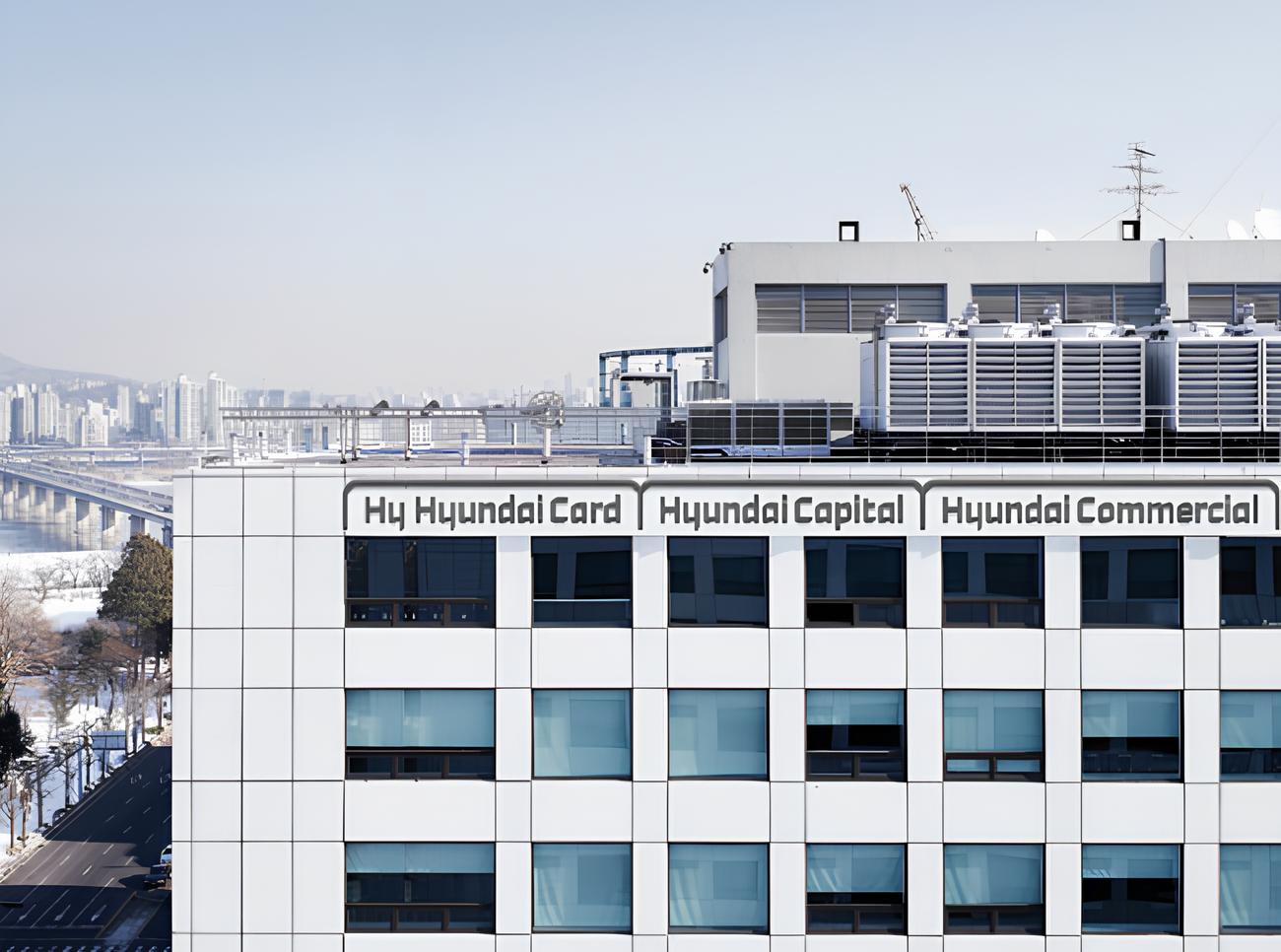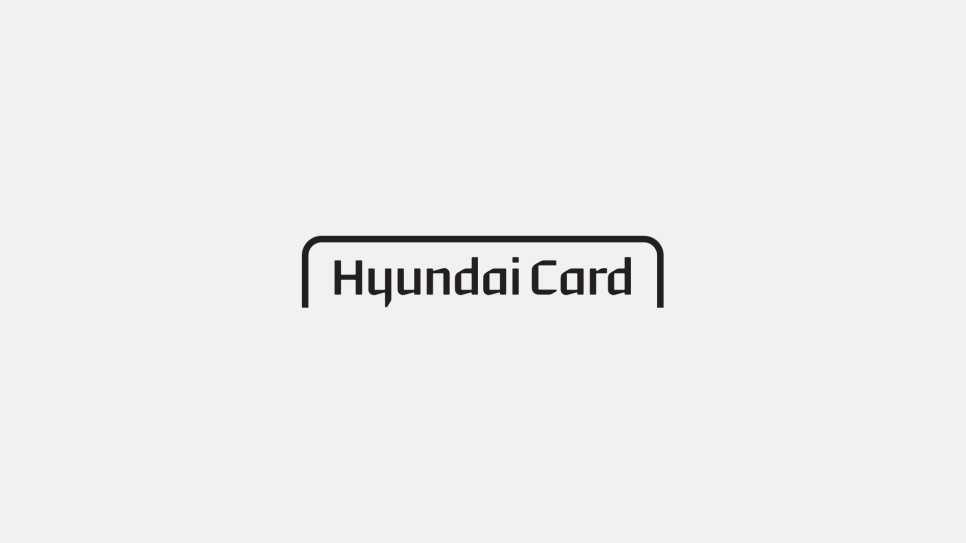| 분야 | 금융테크 기업, 현대카드 · 캐피탈 · 커머셜 | ||
|---|---|---|---|
| 한줄입력 | "성능이 제일 뛰어난 제품을 선택했죠." | ||
| 영문썸네일 | |||
현대카드, 현대캐피탈, 현대커머셜 3곳에서 개인정보 보안을 위해 사이버다임 문서중앙화를 도입했습니다.
'문서중앙화로 개인정보 보안은 어떻게 하는 걸까?' 궁금하신 분들이 계실 텐데요. 인터뷰를 통해 자세히 확인해 보세요!
✔ 현대카드 · 캐피탈 · 커머셜의 고민
개인정보가 포함된 문서와 주요한 경영 정보의 보안 강화 필요
개인정보 문서와 일반 문서의 자동 구분 관리 필요
대용량 파일 전송 및 내부 문서 공유의 어려움
✔ Destiny ECM 도입 성과
모든 문서는 중앙 서버에만 저장해 완벽한 정보 보호
개인정보가 포함된 문서는 자동으로 분류 검출 관리
대용량 파일, 내부 문서 공유는 파일 위치 URL로 손쉬운 공유

현대카드 · 캐피탈 · 커머셜, Destiny ECM 구축 스토리
1. 문서중앙화 솔루션이 필요하다고 느끼게 된 계기가 있나요?
저희는 다른 회사하고 ECM 도입을 하게 된 계기가 조금 달라요. 문서중앙화를 도입하는 기업들을 보면 문서의 자산화, 공유 목적으로 도입하는 것 같은데, 저희는 개인정보 탐지와 보안을 목적으로 도입하게 되었습니다. 기존에 VDI PC에도 개인 정보 탐지 시스템을 도입해 사용하고 있었지만 시스템의 한계를 발견하고 문서의 유출이나 유실을 원천적으로 막을 수 있는 방법이 있을까 고민했습니다. '생산되는 모든 문서를 중앙으로 격리하고 보관해, 암호화하고 그 안에서만 탐지하고 관리하면 되지 않을까?'라는 생각으로 시작해 개인정보나 중요한 경영 정보를 더욱 안전하게 보관하기 위해 문서중앙화 솔루션이 적합하다고 판단이 되었죠. 다양한 업체들과의 비교 후, 사이버다임을 선택했고 개인 정보 탐지 시스템을 결합해 구축하게 되었습니다.
2. 당사 제품을 어떻게 알게 되셨나요?
영업 팀장님도 잘 아시겠지만, 문서중앙화 솔루션 도입에 앞서 우리나라에서 가장 유명한 ECM 업체들을 조사하고 POC(Proof Of Concept)를 진행하면서 제품 검증을 진행했는데, 사이버다임 제품이 가장 시스템이 안정화되고 기능적으로도 우수하다고 판단했습니다. 시장 조사를 하면서 유명한 회사나 실적, 여러 가지 다른 구축 사례를 보고 그중에서 저희가 RFP(제안 요청서)를 보내는 과정으로 진행했고 사이버다임 문서중앙화 제품과 경쟁했던 업체들도 7~8곳 정도 되었던 것으로 기억합니다.
3. 사이버다임의 솔루션을 선택하신 이유가 궁금합니다.
일단, 저는 문서중앙화 솔루션, ECM과 같은 시스템을 도입한 다른 기업들의 레퍼런스를 보았을 때 항상 문제가 되었던 것이 성능 문제였다고 생각해요. 왜냐하면, 저희 그룹사에서도 일부가 ECM을 도입해서 사용하다가 다시 걷어냈다는 얘기를 들었거든요. 그래서 저희가 제품을 선택할 때 가장 중요하게 생각했던 부분은 성능이었어요. 성능 문제를 해결하는 데 ECM 동작 방식이 여러 가지 있죠. 그중에서 계속 서버와 연결되지 않고 저장 후 종료했을 때 최종적으로 한 번만 통신하는 사이버다임의 가상 드라이브 방식이 성능적 측면에서는 좋을 것 같다고 생각을 해서 도입을 결정하게 됐어요.
선택한 이유가 또 있다면, 당연히 사이버다임의 레퍼런스들, 그리고 회사의 규모를 중요하게 봤어요. 회사의 규모에 따라 지원을 얼마큼 해줄 수 있는지 지원 역량이 가장 크게 차이 나는 요소인 것 같아요. 저희 같은 회사들은 다 그럴 거예요. 유지 보수가 얼마만큼 잘될 수 있는지와 지원이 잘 되는지를 많이 봤고, 사이버다임의 송정훈 팀장님께서 제품에 대해 확신을 가지고 설명을 잘 해주셔서 신임이 갔어요.
4. 시스템 구축 당시 어려움은 없으셨나요?
여러 업무 시스템들과 연동이 제일 어려운 점이죠. 아무래도 저희는 작은 회사도 아니고 여러 보안 시스템과 DRM도 사용하고 있고, 금융 내부 업무 시스템들이 수백 가지가 존재하는데, 이런 업무 시스템들을 연결하면서 오류가 발생했을 때 해결이 어려운 것 같아요. 하지만 영업 팀장님이신 송 팀장님부터, 개발팀의 손 팀장님도 열심히 하시고 저희 말 잘 들어 주시려고 노력을 하시고 논리적으로 말씀해 주시고, 지원도 잘 해 주시려고 노력해 주셔서 프로젝트 분위기는 나쁘지는 않았어요.

현대카드만의 특별한 사용기를 소개합니다!
1. 현대카드만의 시스템 활용 현황에 대해 설명해 주세요.
일단 다른 ECM도 마찬가지겠지만, 비슷비슷하잖아요. 저희가 기존에 사용하던 건 PCloud라는 시스템인데, 그 시스템은 웹 방식이었어요. 웹 방식이었는데 접근이 조금 힘들었죠. 반면, 사이버다임 ECM은 윈도우탐색기 기반으로 쉽게 적용할 수 있고, 문서의 내용 검색이 가능하고, 개인정보 탐지 쪽 솔루션과 결합해서 사용할 수 있다는 점이 큰 장점인 것 같아요. 저희는 로컬에 문서를 저장할 수 없게 하고, 무조건 ECM으로만 저장이 되도록 구현을 했기 때문에 그게 가장 다른 점이죠.
다른 회사와 다른 점이, 타 업체의 레퍼런스의 경우 회사의 전체 문서를 '공통의 문서'로 관리를 한다고 들었는데, 저희는 개인에게 할당된 문서 저장 공간을 배정해 주고 팀끼리 공유 필요한 경우에는 공유 폴더를 팀 이름으로 생성해 문서를 작업할 수 있도록 운영하고 있어요. 단, 이것도 승인되었을 때만 생성해 주고 있습니다. 저희 목적은 개인정보 파일들이 남용되지 않고 안전하게 보관하는 시스템을 구축하는 것이기 때문에 서버에서 문서 활용과 관리 용도 보다는 개인정보 보호관리 부분을 특화해 사용하고 있습니다.
지금은 상시 재택근무를 시행하고 있는데, 저희는 모두 VDI에 사용하고 있어서 집에서 접속해도 제 PC가 그대로 있는 것처럼 사용할 수 있어요. 그리고 재택근무 중에도 VDI를 통해 중앙화되어 있는 문서를 활용할 수 있는데, 이때도 역시 문서 유출을 제어하기 위해 유출 방지를 위해 보안 각서를 작성하고 근무하게 됩니다. 재택근무 중 VDI에 접속하면 사번이 워터마크로 찍혀 있어 문서 유출을 관리할 수 있죠.
2. 자주 사용하거나, 유용하다고 생각되는 기능은 무엇인가요?
사이버다임 문서중앙화 솔루션은 윈도우탐색기 화면 그대로 문서중앙화 기능을 사용할 수 있기 때문에 기존의 업무 환경과 똑같이 구현하게 하려고 했던 게 제일 큰 목적을 달성했어요. 문서중앙화 도입 후에도 업무 환경이 크게 달라지지 않은 점이 편하죠. 자주 사용하는 기능은 '개인정보를 잘 관리하자'라는 목적으로 개인정보 검출 문서 폴더에서 모든 문서를 한곳에서 볼 수 있는 기능과 문서 원본 전달이 아닌, 문서 위치 URL로 파일을 전달하는 기능을 유용하게 사용하고 있어요. 특히, 도입 전에 불편했던 점 중 하나가 대용량 파일을 전송하는 방법이 많지 않아 고민이었다면, 지금은 용량이 큰 문서도 파일 위치를 URL로 공유하면 된다는 점이 이점 중에 하나죠.
3. 도입 후, 사용자들의 불만은 없었나요?
처음에는 사용자들이 이해하는 걸 어려워했어요. 저희는 로컬에서 저장이 안 되도록 설정했는데, 사용자들이 문서중앙화 도입 전 업무처럼 습관적으로 '컨트롤+S'만 누르고 문서를 종료하지 않고 퇴근하는 경우가 많아요. PC가 계속 켜져 있으면 괜찮은데, 퇴근 시간 이후에 저희는 VDI를 강제로 종료하기 때문에 문제가 되는 거죠. PC를 다시 켰을 때, '미 저장 문서 목록'에서 다시 저장을 할 수 있는데, 이해가 어려운 사용자들은 파일이 날아갔다고 생각하는 경우도 있어요. 이런 내부적인 어려움은 사내 교육과 FAQ도 진행하며 해결하고 있습니다.
저희는 문서중앙화 솔루션을 편리함 목적보다는 정보 보안 측면에서 통제를 하기 위해 구축을 한 것이라, 사용자 입장에서는 만족도가 높지 않을 수 있어요. 그래도 사용자들이 이야기하는 문제점을 관리자에게 전달하고 하나씩 해결하고자 노력하고 있습니다.
4. 사이버다임에 바라는 점은?
문서중앙화 솔루션을 통해 주요 문서의 유출이나 유실을 방지할 수 있게 되었는데요. 문서중앙화에 DLP 쪽 기능들을 좀 더 강화하면 어떨까, 그러면 이 솔루션으로 다른 기본적인 DLP 솔루션을 쓰고 있는 업체가 많은데 그런 부분에서 좀 통합적으로 포함하면서 종합적인 보안 솔루션으로 갈 수 있지 않을까 합니다. 특히, DLP 기능 중에 USB 반출, 사이트 차단 같은 접속 제한 등 기본적으로 차단이라는 기능이 추가되면 좋을 것 같습니다.

 한국어
한국어







